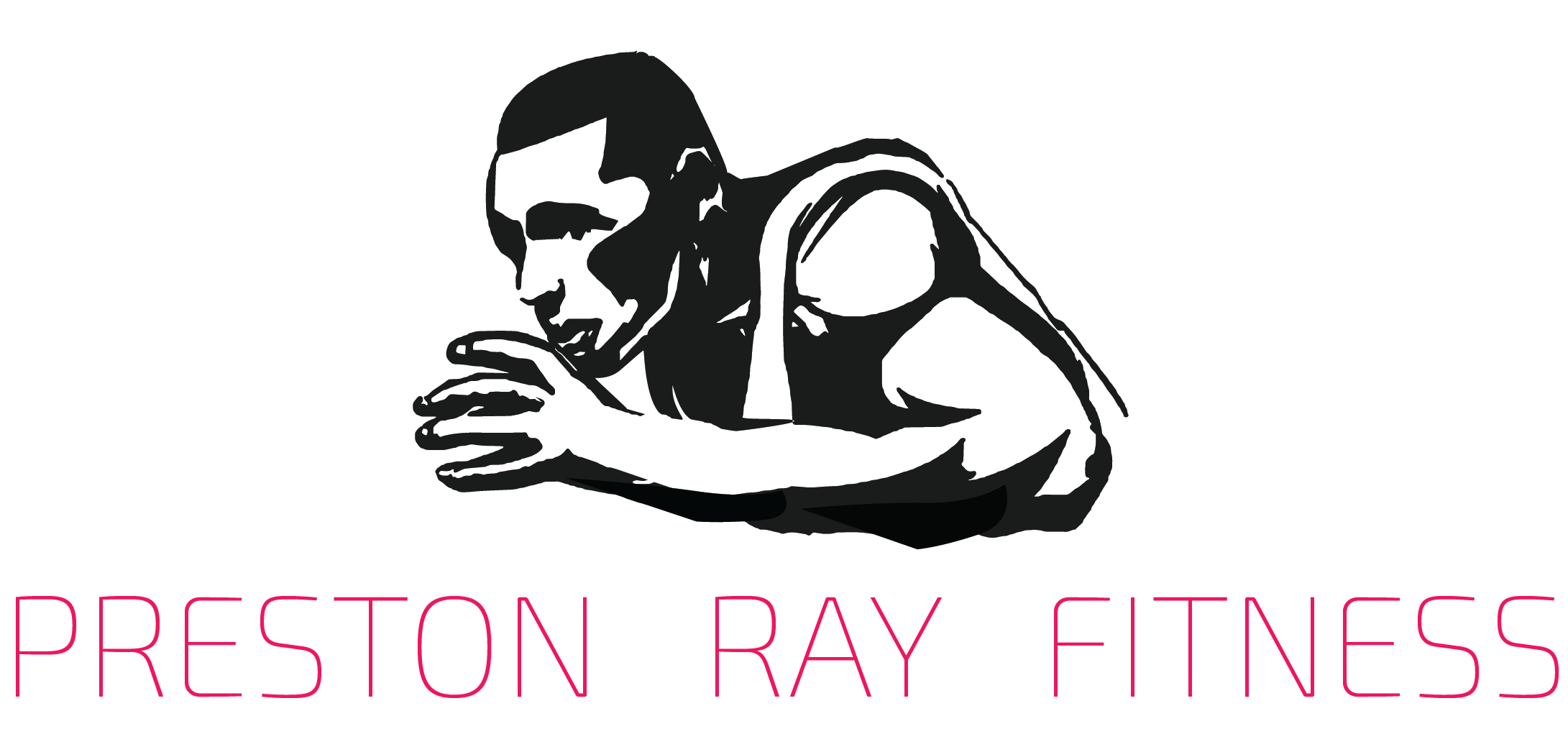Onward is the story of Howard Schultz, CEO and Chairman of Starbucks Coffee Company. In this book, Shultz passionately and transparently talks about the wins and losses he incurred as the leader of the most recognized coffee company in the world during the global financial crisis that began in 2008, and how he was able to keep the company afloat amid naysayers, plummeting stock prices and high turnover.
Although the book started off a little slow for me, I was drawn in more and more as I started to get to know Howard Schultz better. He is a man of character and his actions tell the real story. Time and time again Schultz made decisions that were in the best interest of society, humanity, and his employees. Take his company’s biennial sales meeting, for example.
Despite harsh criticism for not cancelling the meeting (it was 2008 and the entire world was in an uproar over the housing market), Schultz chose to move forward with it anyway. This stood out to me for more than the obvious financial reasons. It stood out to me because the conference was held in New Orleans, a city that had been devastated by hurricane Katrina in 2005 and was still repairing itself. Not only did a windfall of cash go through the city (10K people embarked on the city, filling 38 hotels and serving 33,000 meals per day), but 5k partners (employees) helped to rebuild it.
Shultz is also interested in his partners and society abroad as well. During his third visit to Rwanda, he taught coffee farmers how to reduce the cost of fertilizer, thus increasing their profit. He also shared best practices he learned around the world which further helped Rwandan coffee growers improve their bottom line. He even purchased a Friesian cow for a woman who said it was her dream to own such a cow. Friesian cows produce more milk than local Rwandan cows. This meant that the woman would have enough milk to feed her babies and enough to sell. This random act of kindness led to a relationship between Starbucks and Heifer International, a non-profit that provides livestock to impoverished populations around the world.
Other noteworthy accomplishments by Schultz include health plans for part-time partners. Interior makeovers for all US stores. Implementation of smaller espresso machines so baristas could converse more easily with customers. Loyalty programs for frequent clients. Ovens that release less smell. Instant coffee that tasted like anything but. Higher quality food. New point of sale cash registers. And, laptops for all managers.
There were some mistakes made along the way as well. A very important message to stockholders was leaked early. Several drink ideas failed. And many stores had to be closed due to overzealous growth. But, through it all Starbuck’s leading man faced adversity with unmatched determination to succeed.
Schultz once said, “Starbucks is in the business of exceeding expectations. That means we have to admit when we are not as good as we think we should be. My role, my duty, is to initiate that discussion, to challenge us, as well as myself, to be better, especially when we are knocking the cover off the ball.” I believe this is why Schultz has done such a marvelous job leading his company and the people who run day-to-day operations. He takes responsibility when things go awry and he keeps his foot on the pedal when things are going well.
Onward is a story about one of the world’s largest companies and best CEO’s. Howard Schultz takes accountability. Good and bad. And he never stops aiming for the fence. He consistently supports his team no matter how great the cost or pressure from outside sources. An out-of-the-box thinker who always does right by people is why this man is so highly successful. His love for mankind is the reason I read this book in its entirety despite my lack of interest in corporate America. I have a new appreciation for Starbucks Coffee Company as well as the man who leads it with dignity, pride and acumen, Howard Schultz.


Recent Comments